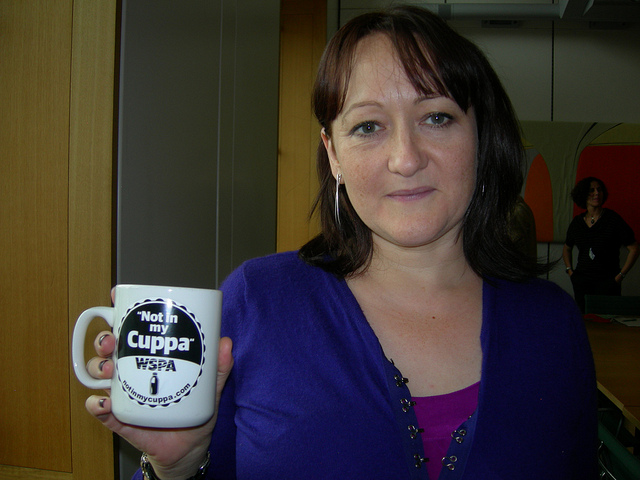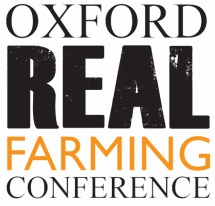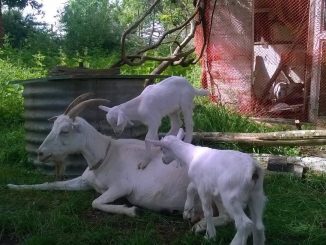The appointment of Kerry McCarthy as shadow secretary of state at the Department of Environment, Food and Rural Affairs (DEFRA) received at best a lukewarm response from the UK food and farming sector. Press articles – not to mention headlines – have been littered with references to McCarthy’s veganism and her history of campaigning on animal welfare issues ever since her appointment to the post in September.

The NFU set the tone for a combative relationship in a statement that referenced a number of policy issues on which the two are almost certain to be diametrically opposed along with a useful link to its election manifesto.
The Sun, for its part, could barely disguise its amusement at a politician who it claimed is exercised by the issue of farting cows (in fact, McCarthy had made the substantive point that the environmental impact of livestock production is high).
Now that the puerile articles and sardonic ‘look forward to working with her’ press releases are out of the way, the real business of scrutinising McCarthy’s politics can begin.
Prior to May’s general election, Labour was planning to resurrect a version of its ambitious Food 2030 strategy (pdf) had the party secured either a majority or formed the main party in a coalition government. McCarthy is likely to stay true to this vision for a more holistic food policy but with an even greater emphasis on environmental sustainability than her predecessor Maria Eagle who, whilst paying lip service to the need for a sustainable food system, tended to pick smaller battles over specific policies, such as the badger cull, rather than challenge the government’s overarching food and farming narrative.
McCarthy’s passion for issues such as animal welfare and agroecology will almost certainly bring her into direct conflict with Secretary of State Liz Truss whose focus on growth, exports and productivity is far more closely aligned with the NFU’s agenda.
Her first task, therefore, is to ride the wave of disapprobation that will continue to come her way both from elements of the media and certain industry lobby groups. To her credit McCarthy acquitted herself well on Radio 4’s World at One Programme in September when quizzed on her apparent anti-farming motivations, saying she would happily sit down with the NFU to discuss issues they can work together on and pointing out that her brief was far broader than simply food. She also noted the numerous messages of support she had received from civil society organisations who recognise her passion for the environment, encapsulated in her Food Waste Reduction Bill, which is due to get a second reading in January after receiving cross-party support.
In recent weeks, McCarthy has begun warming to her task in opposition, taking aim at what she perceives to be the government’s failing approach to food and farming, which she argues is far too narrow. Referring to the Conservative Party’s 25 year Great British Food and Farming Plan she told attendees at a recent dinner hosted by the Soil Association: “What we have on the table so far seems more of a business plan – a plan for producing more, selling more, exporting more… But that is all.”
She added that it would be “hugely short-sighted” not to address issues such as soil degradation and soil erosion as part of the strategy.
McCarthy also pointed out the absurdity of the government separating its 25-year food and farming plan from its 25-year environment plan, despite the obvious inter-dependencies.
She struck a more conciliatory tone, however, when noting that it’s important to make the food and farming sector more profitable and economically viable, in light of the pressures facing the sector.
Power seems a long way off for Labour at the moment and McCarthy will have time to fine tune her message; but the early signs suggest that her time in post will be anything but dull.
Nick Hughes is a UK-based freelance journalist and editor specialising in food policy. He also works as a food sustainability advisor for WWF-UK. A version of this article first appeared on Nick’s website. @nickhughesfood




